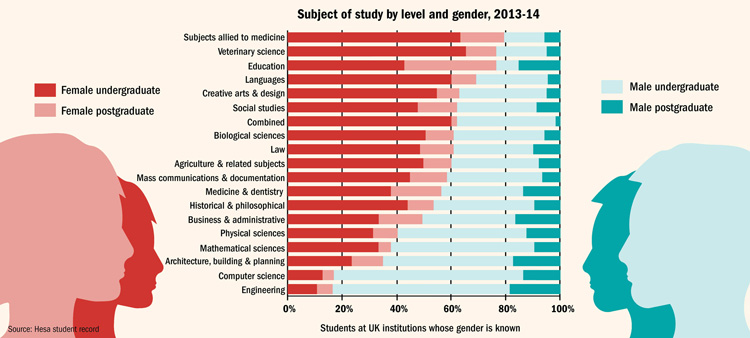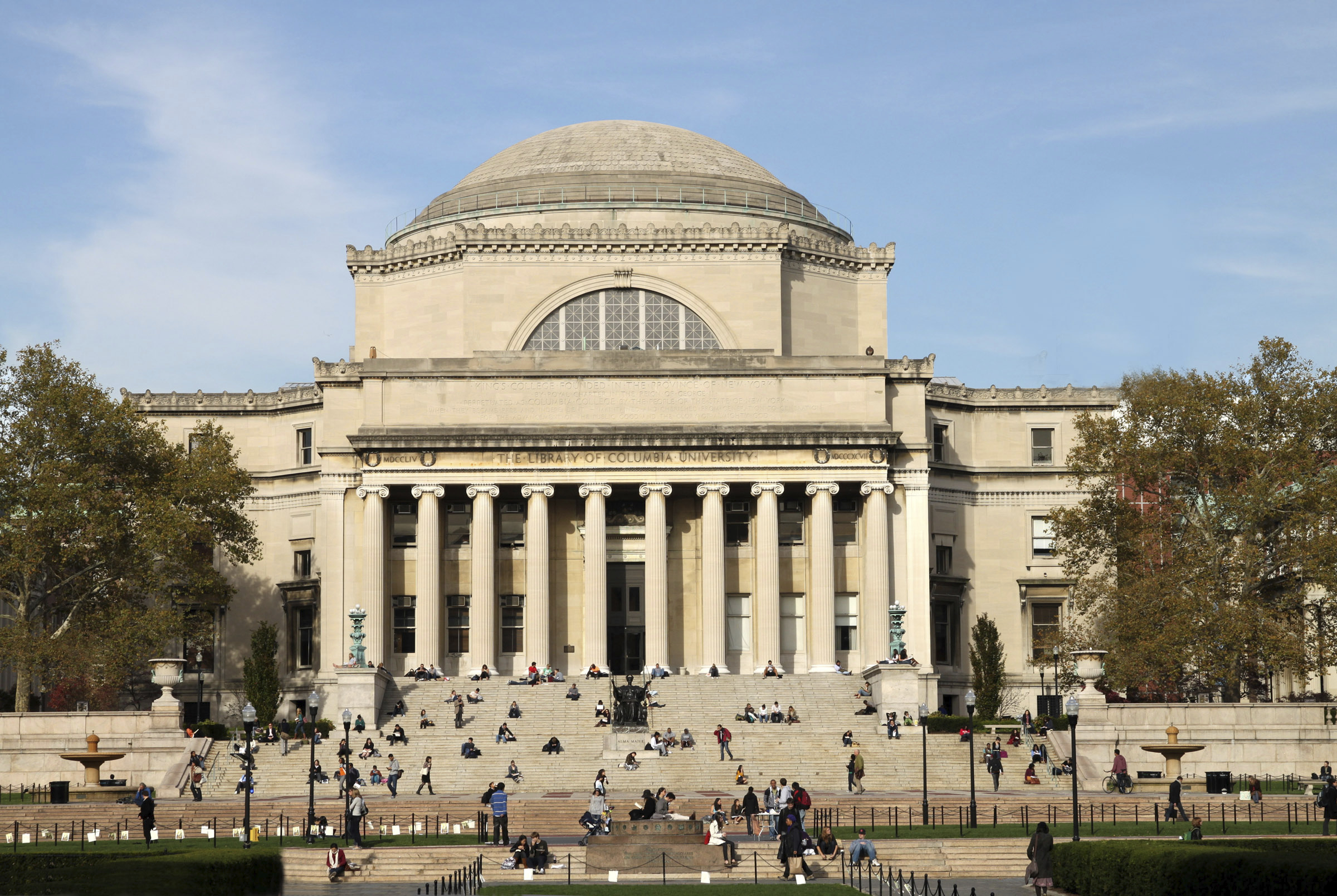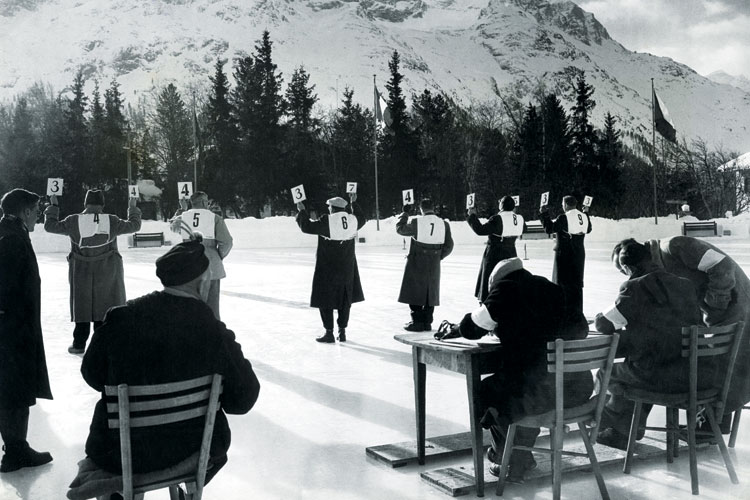High rejection rates by journals 'pointless'
Analysis suggests higher selectivity fails to increase journals' impact factors

Send us a link
Analysis suggests higher selectivity fails to increase journals' impact factors

Authors argue this means universities should spend less on senior academics and give promising younger scholars more of a chance

Analysis of seven prominent medical journals finds randomised controlled trials are far less likely to receive a press release than weaker observational studies.

Times Higher Education World University Rankings data reveal the top 200 most outward-looking institutions.

The proportion of male and female students varies widely across different subjects in UK universities.

An analysis of the correlation between vice-chancellors’ pay and university ranking.

Too many senior scholars abuse their power when it comes to assigning credit.

‘Too many institutions’ are ready to ‘sweep fraud under the carpet’.

For most young researchers, academic research is the love of their life. But how much can and should be sacrificed for this love?

PaperRank service will allow researchers to rate papers online in bid to accelerate and open up process.

Success rates fall at five out of six councils amid warnings that the process could become ‘more of a lottery’ as reviewers are stretched.

The Wellcome Trust is to fund more long-term research projects because of fears that the pressure to publish and the need to show research impact will prevent academics from successfully tackling the world's most pressing challenges.

The world dominance of US universities has further waned in the THE World University Rankings 2015-2016. ETHZ is 9th.

According to a new paper, the "deluge" of new scientific papers that academics have to read makes it all but impossible to know what research to trust.

7 universities are to close liberal arts and social science courses.
Paul Jump examines the many reasons for irreproducibility in science and efforts to tackle it.
UK Minister for Universities and Science Jo Johnson wants to see a "simpler" research funding system as well as faster routes for private provider "challenger institutions" to enter higher education.
Performance-related pay causes the best academics to cluster together, evidence from Germany suggests.
University league tables do not pay enough attention to institutions’ innovative spirit, argues the European Commission’s Gerard de Graaf.
You can’t measure human skills the way you do engineering systems, Robert Dingwall and Mary Byrne McDonnell observe.
The rise in ‘kilo-authors’ and ‘gift authorship’ is causing the academy to rethink how it assesses the worth of academic publications.
Proposed Twitter-based altmetric would treat retweets like citations.
Peer review may not spot fraud – so universities need to be vigilant in tackling any wrongdoing among their staff.
Times Higher Education analysis reveals the institutions with the most Nobel prizewinners this century.
Dalmeet Singh Chawla rounds up the recent discussion about single figure publications.
Move follows controversy over comment pieces and cover page for Science.
Perception that time should be spent improving research prowess.
Women in university leadership are paid up to 11.4% less than men in equivalent jobs, according to a [10]new study.

1 in 10 of Europe's academics apparently produce nearly half of its research output.